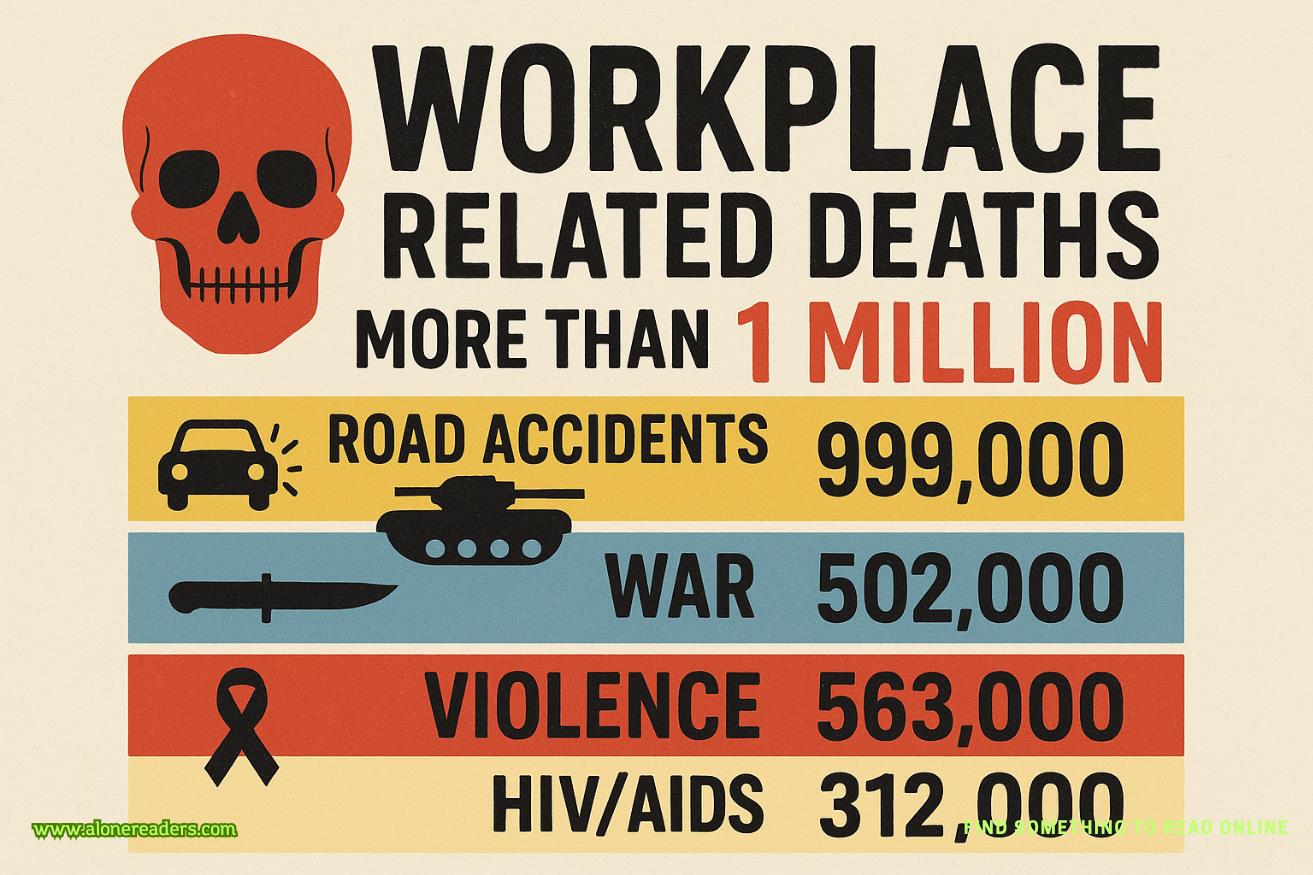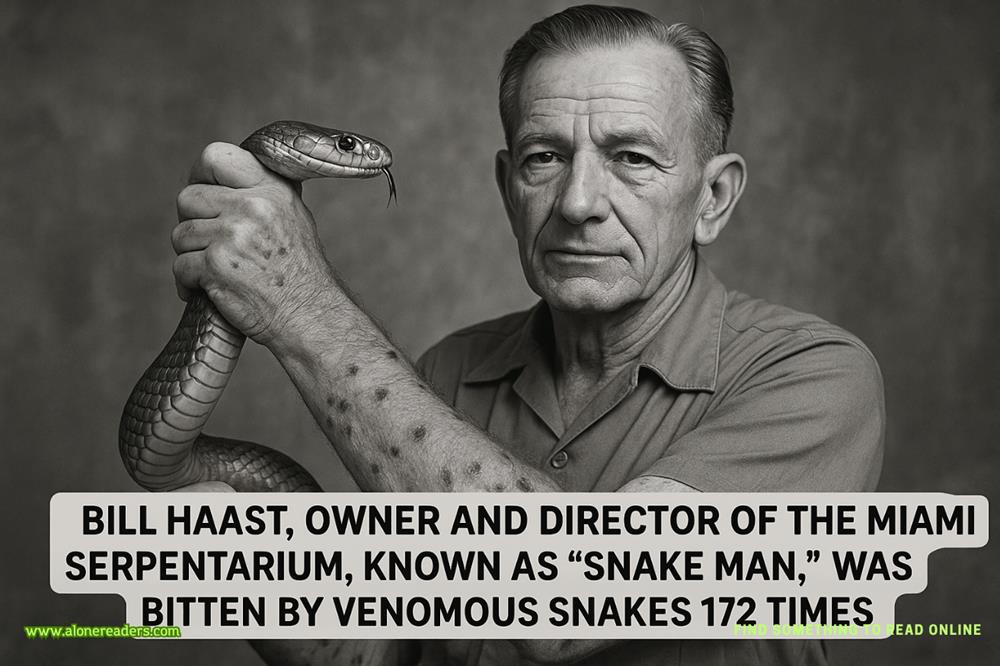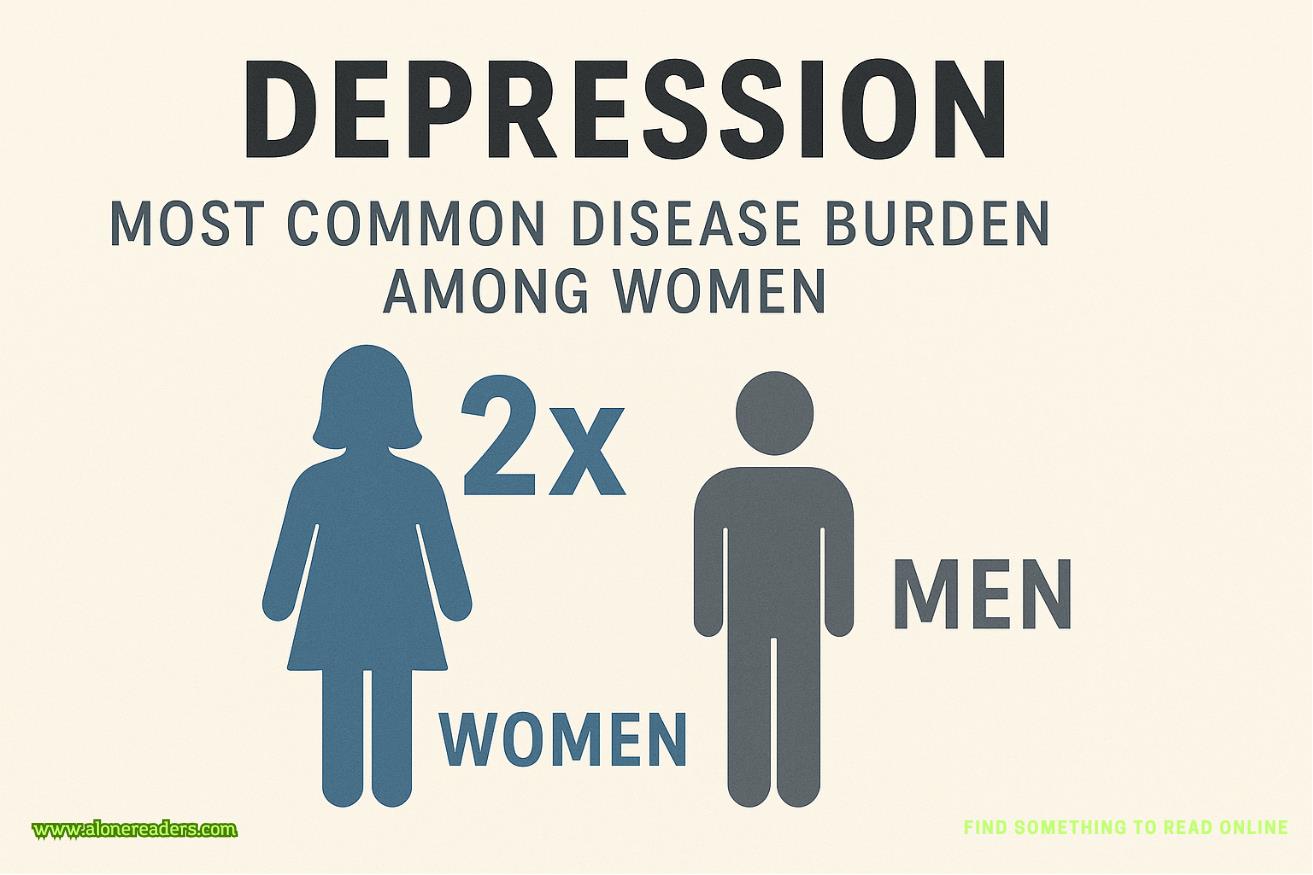“He didn’t tell me anything,” Gemma said. Dr.Saperstein looked surprised. “But I know that you’ve been using the replicas to grow prions.”
“Tostudyprions,” he corrected her. “You make them sound like petri dishes.”
“Isn’t that what they are?” The pressure in Gemma’s chest was so great she felt as though she was speaking around a concrete block. “It was all for the military, wasn’t it? It was all to make weapons.”
He raised his eyebrows. “I won’t ask you how you know that,” he said. She could tell she’d impressed him and, weirdly, felt happy about it. Then she hated herself. Why did she care about impressing him? “Look, you obviously know quite a bit about Haven. But there’s a lot youdon’tunderstand. The US military gave us one of our biggest contracts, yes. But it wasn’t our only one.” Then: “You know the wordprionwasn’t even coined until I was in college? It’s been more than thirty years since then, but until I took over the Institute, we’d discovered almost nothing more about the way prions work, or how they progressed, or how fast.” The overhead light grayed the look of his skin. “Prion disorders share traits with some of the most crippling brain diseases we know—diseases like Alzheimer’s, which affects millions of people per year. Diseases we can’t cure or even help.”
“I don’t need a lecture,” Gemma said. “I asked what happens to the replicas now.”
“There are protocols,” he said gently. “I’m sure you understand that. Haven deals with—dealt with—deadly biomaterials. We’re talking about a major health hazard.”
Deadly biomaterials.Otherwise known as: replicas. Gemma recognized the technique: every so often her father hid behind words too, not big words but acronyms, military slang, a patter she could never understand. But she knew what Saperstein was saying, and no amount of fancy vocabulary could make it any less horrible.
“You’re going to kill them,” she said. Though it was what she’d been expecting, it was terrible to say the words out loud. The room seemed suddenly to be filling with fog. Or maybe it was her head that was filling up. She couldn’t make his face come into focus. “What about me? Are you going to kill me, too?”
“Kill you?” He actually laughed. “Last time I checked, that was still illegal in this country. I’m going to make some calls, and sort out some details, and get you home to your father. Then I’m going to hope he doesn’t killme.”
He didn’t sound like he was lying. “What about Pete?” she asked. She thought, though she couldn’t be sure, that for a split second he froze, and a sour panic rose in her throat. “If you don’t let him go, I’ll tell everyone. My dad will track you down and murder you—”
“Gemma,please. Of course Pete will go home.” If he’d hesitated before, now he spoke easily. “I know you thinkI’m some kind of monster, but I’m not. I’m a geek from Bethesda, Maryland, who fell in love with science and has loved it my whole life. I have a cat at home. Did you know that? He’s a thirteen-year-old tub named Copernicus. Copper for short. I’m a Dodgers fan, God help me.”
Could she have been wrong about Dr. Saperstein? Was it possible that Haven’s work was, if not right, then at least justified? The idea made her head hurt.
“But what you’ve done is monstrous,” she said. “What you’retalkingabout doing is monstrous. It’s murder.”
“It’s euthanasia,” he said, a little more forcefully. “And it’s standard practice. Labs all across the world do chemical testing on live animals. Cancer researchers inject rats with cancer cells. Ebola researchers shoot monkeys up with Ebola. Test subjects are routinely euthanized.”
“But we’re not talking about rats,” she said. “Or monkeys.” She thought of strange Calliope and her enormous eyes, Gemma’s color exactly, only bigger in her thin face; she thought of the girl who’d nearly stabbed her with a syringe and the children who spent their days crawling around in oversized diapers, sucking their fingers and wailing if a nurse tried to touch them. How many graves would they need? Would they even be buried? Lyra had mentioned that the replicas at Haven were either burned or packaged up and dumped into the ocean, but there were no oceans here. Perhaps they would be stacked likefish fillets in refrigerated trucks and shipped off to the coast. “We’re talking about people. Human beings.”
Saperstein squinted at her as if trying to see her from a distance. “You’re what—sixteen? Seventeen? I remember being your age. Everything seems so certain. Black and white. Wrong and right. Good guys and bad guys. But the real world isn’t like that, unfortunately.” He leaned forward again, putting his elbows on the desk. His sweater, Gemma saw, was in fact filmy with a surface of cat hair, and it made her want to cry again. “Let me ask you something. What makes a human? Do you think it’s our eyes, our ears, our capacity to walk upright?”
She nearly said,All of those things, when he went on, “It can’t be. What about the blind, or people missing their ears, or paralyzed from the shoulders down? What about people whose faces have been burned off, deformed by war or birth? You would say that those people are humans, too, wouldn’t you?”
“Of course,” Gemma said quickly, embarrassed she had been on the verge of agreeing to something so stupid. “Being human isn’t a trait, like having hair.”
“Okay. So what is it?”
“That’s a dumb question.” But she realized she couldn’t actually answer him. “It’s how we think,” she said finally. “It’s our brains and what we do with them.”
“But what about humans who’ve lost their capacity tothink and reason?” he asked. He sounded almost apologetic, as if he hadn’t meant to trap her. “And what about computers, which can think and reason as well as any human? Are they people? Do they deserve to have rights and freedoms?”
“You’re trying to confuse me,” Gemma said.
“No, Gemma. I’m not. I’m trying to understand.” Dr. Saperstein sighed and took off his glasses. Suddenly he looked strangely exposed, like a half-blind mole coming up from the ground. There was a splotchy ink stain on his cheek, and more on his fingers. “If it isn’t legs or eyes or even how we think, what? Might it be the capacity to love, to be loved, to grieve and be grieved for by others? Friendship, connection, the ability to empathize, to walk in someone else’s shoes?” She could see, now, why he had been the one to take over after Dr. Haven’s death, why people had trusted him to lead. His voice was hypnotic, almost comforting—like the drumming of rain on a window. You wanted to curl up and go to sleep, let his voice do all the work.
“You’re talking about a soul,” she said. Suddenly, she was exhausted. She remembered, all at once, being at church when she was a kid, leaning against her mom, drowsy in the sunlight, while the priest droned on and on.
“Soul, sure. It doesn’t really matter what you call it.” Saperstein was still watching her. She felt he almost knewwhat she was thinking. He spoke so softly she nearly missed what he said next. “Whatever it is, the replicas don’t have it.”
“So what? That gives you the right to use them how you want?” When had they stopped going to church, and why? It seemed important, suddenly, to know. Had her parents believed, like the replicas did, that because she wasn’t made by God, she didn’t belong to him? That she was excluded? “What about the Home Foundation? You stole kids. And you can’t pretend they weren’t loved by someone, somewhere. You can’t pretend they aren’t people.”
For the first time, Dr. Saperstein looked uncomfortable. And this, more than anything, gave her a small jolt of pleasure. She sat up a little straighter.
“You didn’t think I knew about that?” She thought of poor Rick Harliss, his stale breath and face rutted by years of desperation and loss, that shitty motel room when he’d first told her about how she’d been born,made, at Haven.
“What happened at the Home Foundation was wrong,” he said firmly. Once again, she was surprised. “You have to understand, I had no idea what was happening until later. We were on the verge of shutting down. I was on a plane twenty, twenty-five hours a week, in different states and even different countries, trying to raise funds. I trusted the wrong people to manage. And believe me, Iput an end to it as soon as I found out.”
Was it possible? In the letter Emily Huang had written to her friend, she’d made it sound as if it was all Dr. Saperstein’s idea. But what if she’d lied? What if she was ashamed of her own role?















